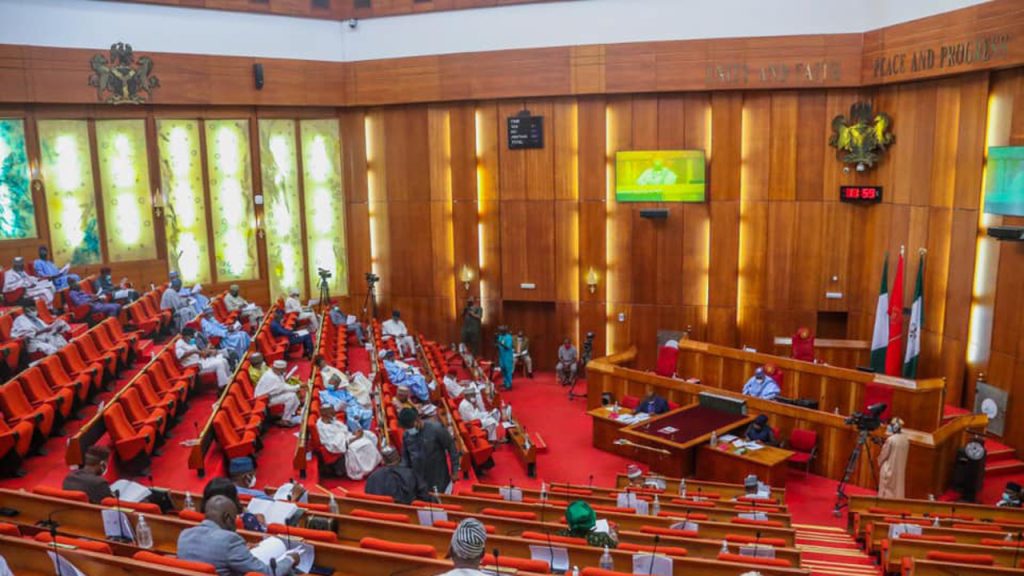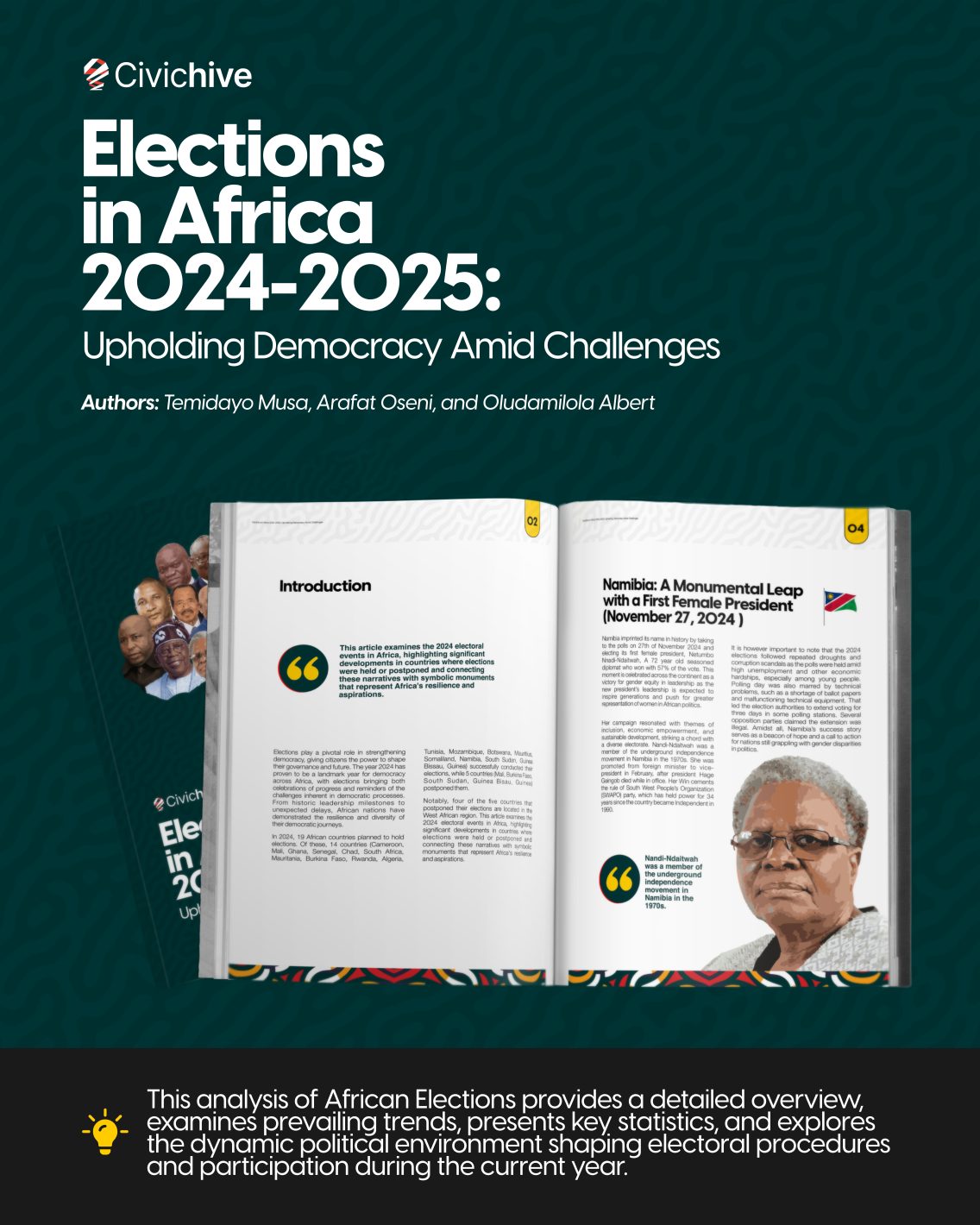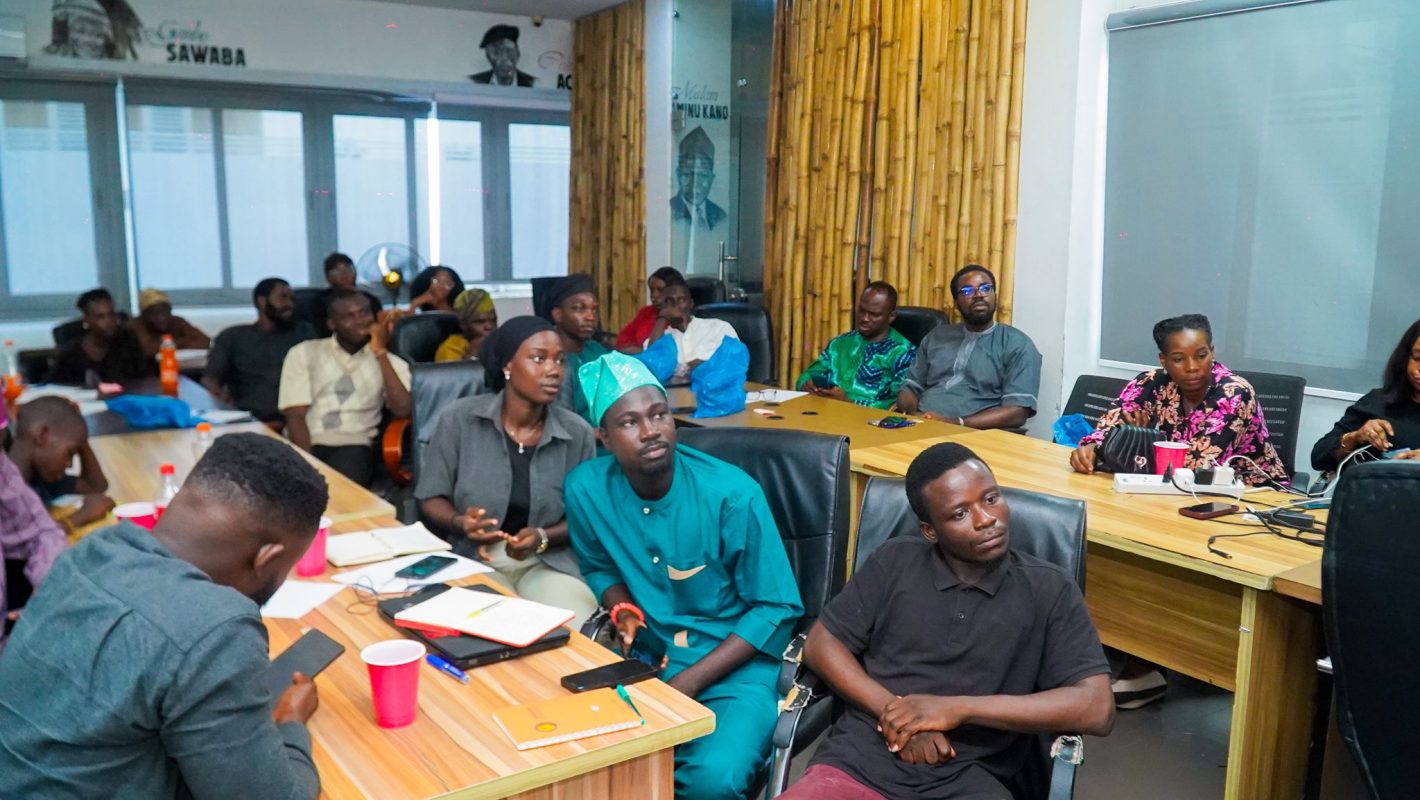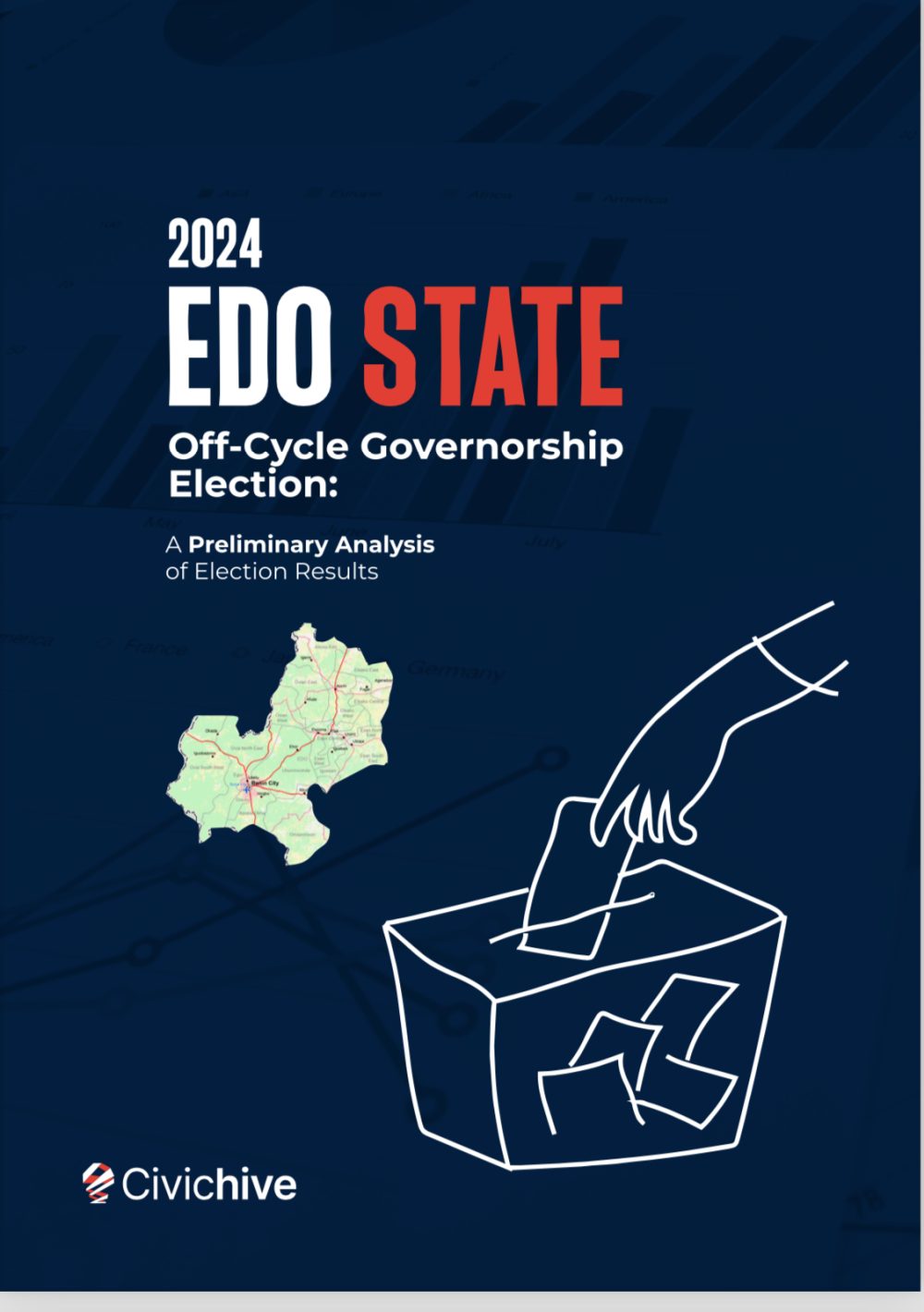By Roseline Nyong
What is the Oronsaye Report?
The Oronsaye Report is named after Mr. Stephen Oronsaye, the former Federation’s Head of Service, who chaired Nigeria’s Presidential Committee on the Rationalization and Restructuring of Federal Government Parastatals, Commissions, and Agencies. The Nigerian government commissioned the report to address concerns about duplication, inefficiency, and bloated bureaucracy in the federal civil service.
This report stands out as a significant document in Nigeria’s public administration and governmental reform landscape, sparking discussions, debates, and initiatives aimed at improving efficiency, reducing redundancy, and streamlining governmental operations.
Milestones of the Oronsaye Report:
- Inception and Committee Formation: The Oronsaye Committee was inaugurated by the Nigerian government in 2011 to conduct a comprehensive review of federal government agencies and make recommendations for restructuring and rationalisation.
- Data Collection and Analysis: The committee conducted extensive data collection, analysis, and consultation with relevant stakeholders to evaluate the functions, structure, and performance of over 800 federal government agencies.
- Submission of the Report: After months of thorough evaluation and deliberation, the Oronsaye Committee presented its report to the government in 2012, which included recommendations for the rationalisation and restructuring of government agencies.
- Government Response and Implementation: Following the report’s submission, the Nigerian government reviewed the recommendations and took steps to implement the proposed reforms, such as merging and abolishing some agencies.
- Continued Debate and Challenges: The Oronsaye Report sparked debate and controversy, with stakeholders holding opposing views on its recommendations and implications for Nigeria’s governance, politics, and public service delivery. Bureaucratic resistance, legal hurdles, and political considerations have all slowed the report’s full implementation.
key points to know about the Orosanye report:
- Former President Goodluck Jonathan established the Presidential Committee for the Rationalisation and Restructuring of Federal Government Parastatals, Commissions, and Agencies. Stephen Oronsaye was appointed head of the committee in 2012.
- The 800-page report recommended the elimination and merger of 220 of the 541 government agencies that existed at the time.
- If the report’s recommendations are put into practice, over 100 heads of agencies and parastatals will lose their positions.
- It proposed reducing the number of statutory agencies from 263 to 161, abolishing 38, merging 52, and reverting 14 to departments within ministries.
- The report proposed conducting a management audit of 89 agencies to capture biometric features of employees, as well as discontinuing government funding for professional bodies/councils.
- Furthermore, the Oronsaye report stated that if implemented, the government could save more than N862 billion between 2012 and 2015.
- The breakdown showed that about N124.8 billion would be reduced from agencies proposed for abolition; about N100.6 billion from agencies proposed for mergers; about N6.6 billion from professional bodies; N489.9 billion from universities; N50.9 billion from polytechnics; N32.3 billion from colleges of education and N616 million federal medical center boards.
- Jonathan’s administration formed a White paper committee, which rejected the majority of the recommendations while those accepted were not implemented.
- In November 2021, the Federal Government established a committee to review the Orosanye report and its white paper, chaired by Goni Aji, a retired Head of the Federation’s Civil Service.
- The second committee was formed to review agencies established from 2014 to the present(2021), and it was chaired by Amal Pepple, a retired Head of the Federation’s Civil Service.
- Following the submission of their reports, the Federal Government established another committee in July 2022, chaired by Ebele Okeke, a former Head of the Federation’s Civil Service, to produce a white paper on the reports.
- However, at the presentation of the white paper to the former Secretary to the Government of the Federation, Boss Mustapha, in Abuja, Okeke stressed that it is pertinent to discuss with the leadership of the National Assembly to achieve the desired result, adding that most of the agencies created were products of bills from the National Assembly.
List of affected parastatals: The following are grouped according to their categories:
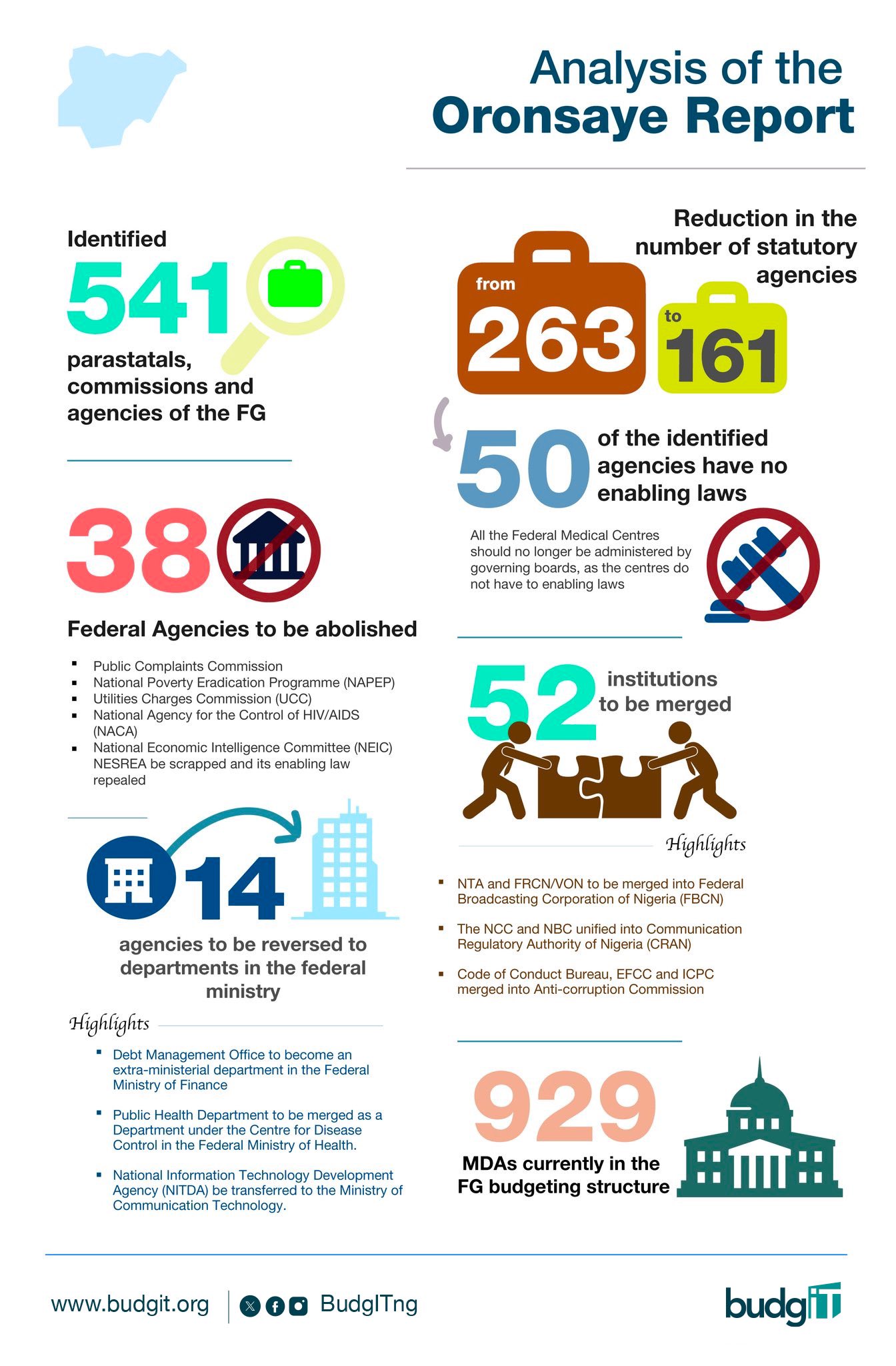
- Pension Transitional Arrangement Directorate to be scrapped and functions transferred to the Federal Ministry of Finance
- National Senior Secondary Education Commission (NSSEC) to be scrapped and functions transferred to the department of Basic and Secondary Education in the Federal Ministry of Education.
SOME AGENCIES TO BE MERGED
- National Agency for the Control of Aids (NACA) to be merged under the Centre for Disease Control in the Federal Ministry of Health.
- National Emergency Agency (NEMA) to be merged with National Commission Refugee, Migration and Internally Displaced Persons (NCFRMI).
- Directorate of Technical Cooperation in Africa (DTCA) to be merged with Directorate of Technical Aid (DTAC) and to function as a department in the Ministry of Foreign Affairs
- Federal Radio Corporation (FRCN) to be merged with Voice of Nigeria (VON)
- The National Commission for Museums and Monuments to be merged with the National gallery of Arts.
- The National Theatre to be merged with the National Troupe of Nigeria.
- The National Metallurgical Development Centre (NMDC) to be merged with National Metallurgical Training Institute (NMTI).
AGENCIES TO BE SUBSUMED
- Service Compact with all Nigerians (SERVICOM) to be subsumed to function as a department under Bureau for Public Service Reforms (BPSR).
- Border Communities Development Agency (BCDA) to be subsumed to function as a department under the National Boundary Commission (NBC).
- National Salaries, Income and Wages Commissioned (NSIWC) to be subsumed into Revenue Mobilisation & Fiscal Allocation Commission (RMAFC).
- Public Complaints Commission (PCC) to be subsumed under National Human Rights Commission (NHRC).
- The Nigerian Film and Video Censors Board (NFVCB) to be subsumed as a department in the Ministry of Arts, Culture and Creative Economy.
AGENCIES TO BE RELOCATED
- Niger Delta Power Holding Company (NDHC) to be relocated to the Ministry of power.
- National Agricultural Land Development Agency [NALDA] to be relocated to the Federal Ministry of Agriculture and Food Security.
- National Blood Service Commission to be converted into an Agency and relocated to the Federal Ministry of Health.
- Nigerians in Diaspora Commission (NIDCOM) to be converted into an Agency and transferred to the Ministry of Foreign Affairs.
Challenges of implementing the Oronsaye Report?
The Oronsaye Report faced several challenges and criticisms from various quarters, which hindered its full implementation. Some of the challenges are:
- The resistance from the career civil servants, the National Assembly, and the politicians, who may perceive the report as a threat to their interests, influence, and patronage.
- The legal and constitutional hurdles, which may require amendments to the enabling Acts and laws of some of the affected agencies and entities.
- The lack of political will and commitment, which may result in the selective or partial implementation of the report, depending on the convenience and preference of the executive and legislative arms of government.
- The limited scope and impact of the report, which did not address some of the fundamental issues affecting the cost and quality of governance, such as the size and remuneration of the political class, the infrastructure deficit, and the economic diversification.
In conclusion, the Oronsaye Report remains a landmark document in Nigeria’s quest for administrative reform and effective governance. While it has generated significant discourse and spurred initial reforms, its full realization requires sustained commitment, political will, and collaboration among stakeholders to overcome challenges and achieve the envisioned transformation of the federal civil service.
You can read the White Paper Report on the Presidential Committee here.
